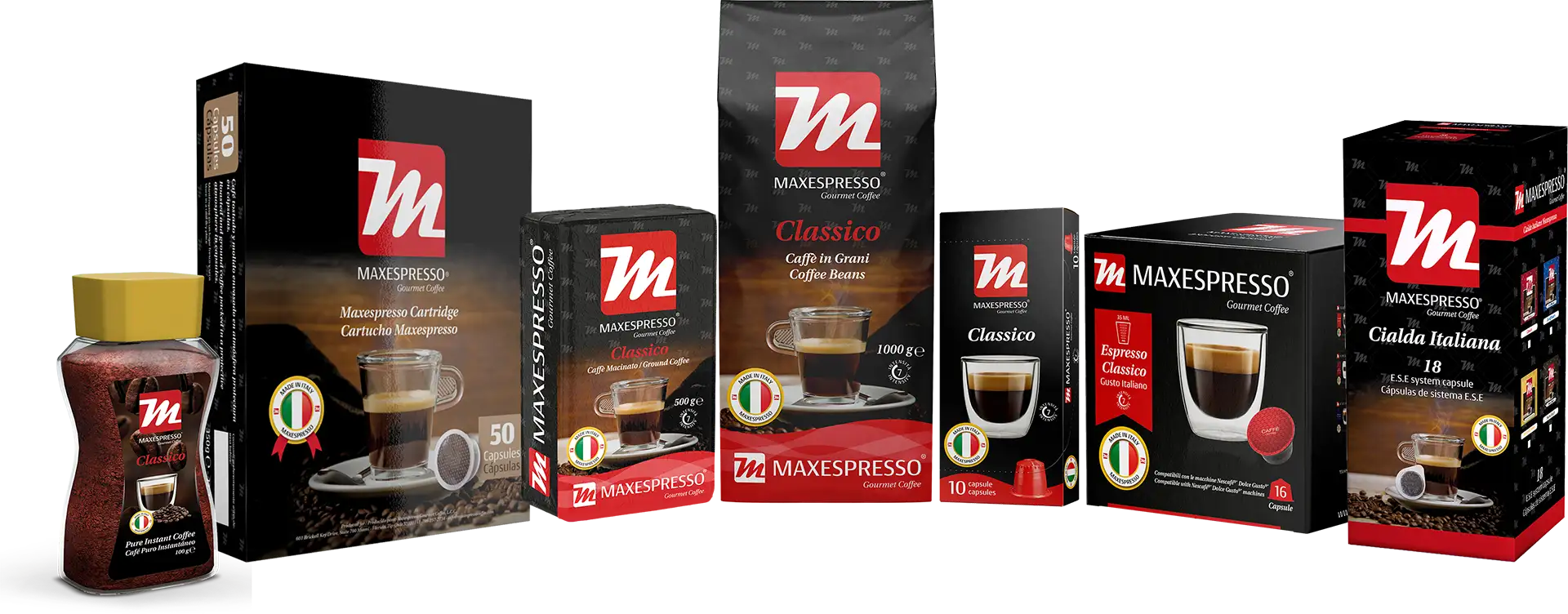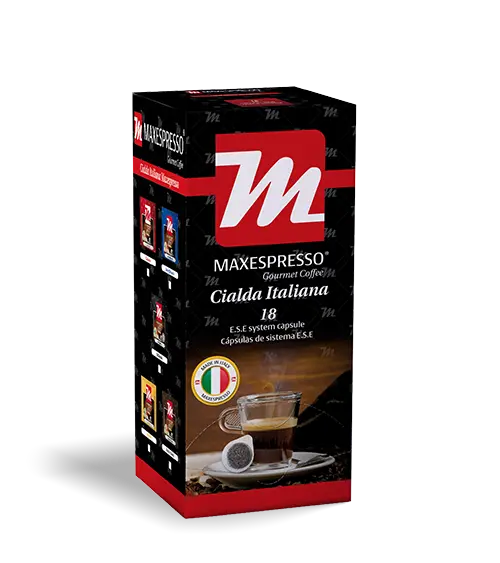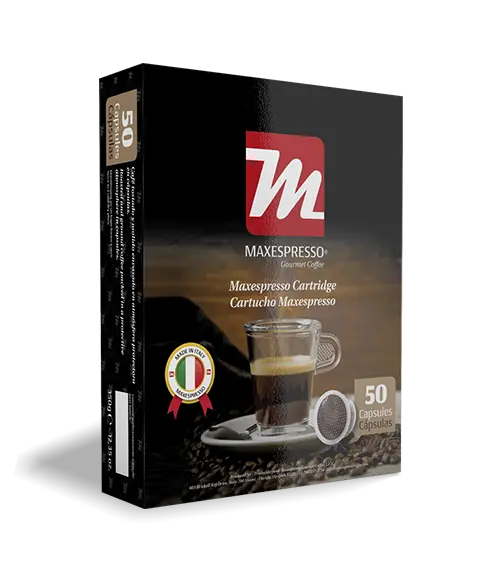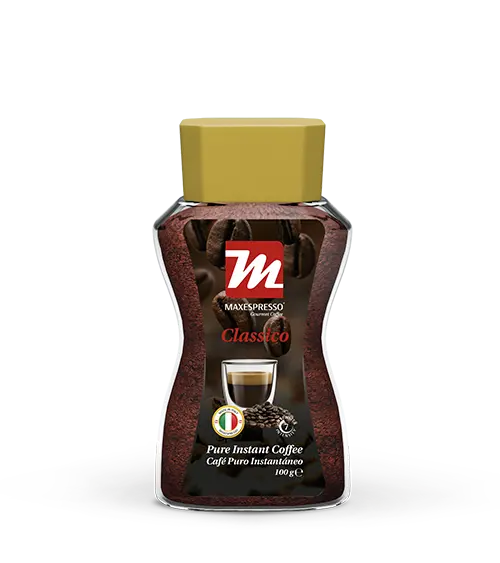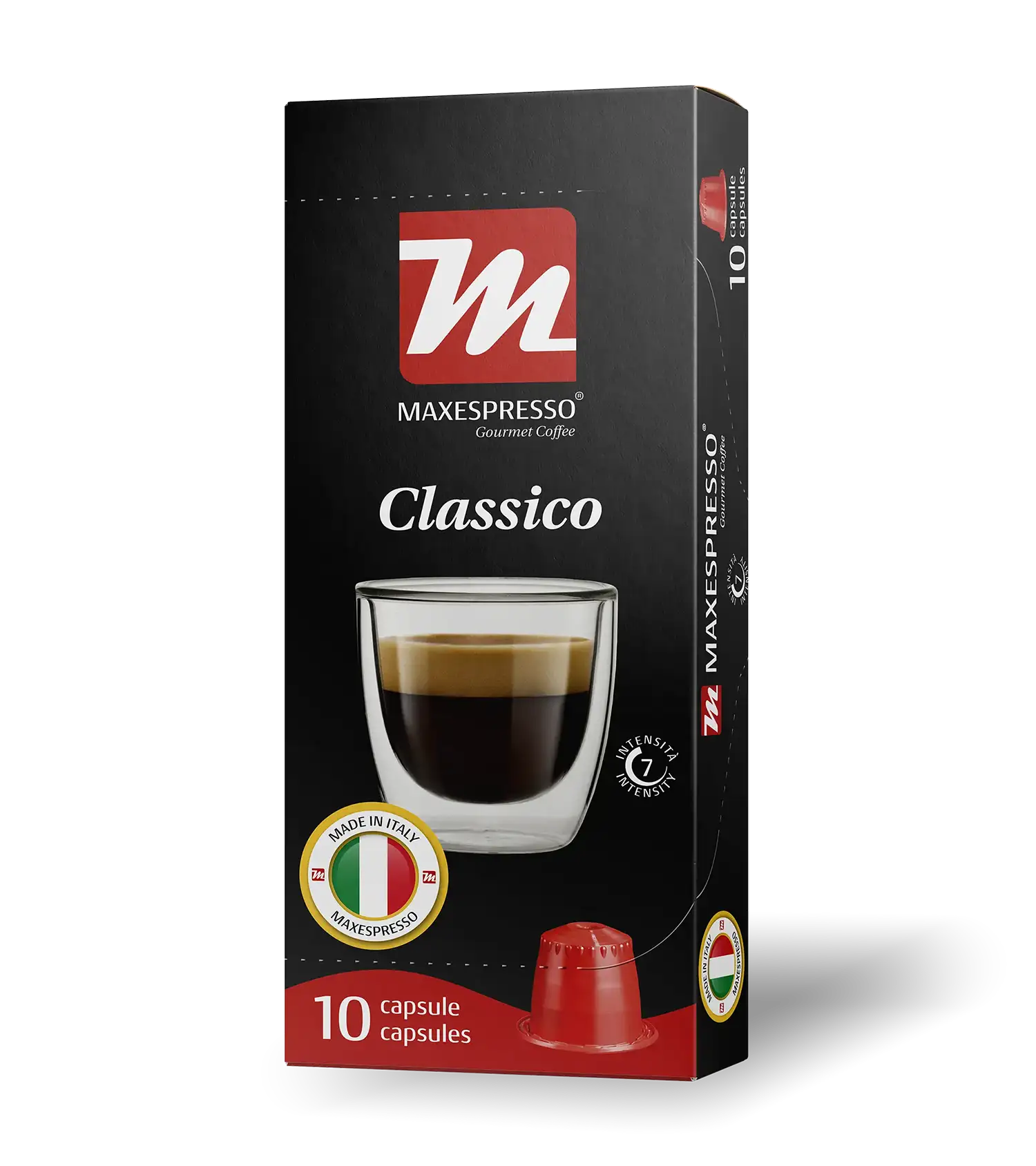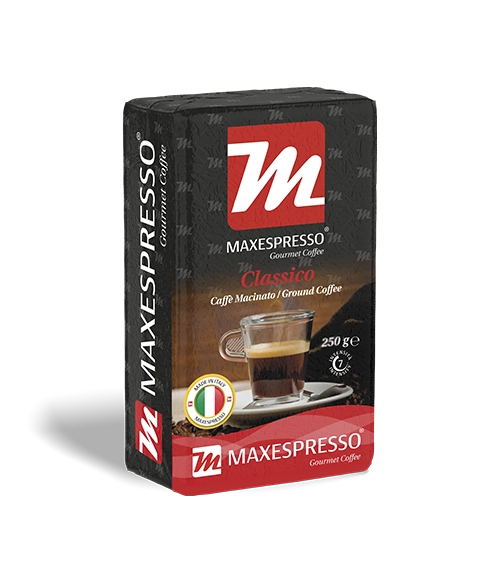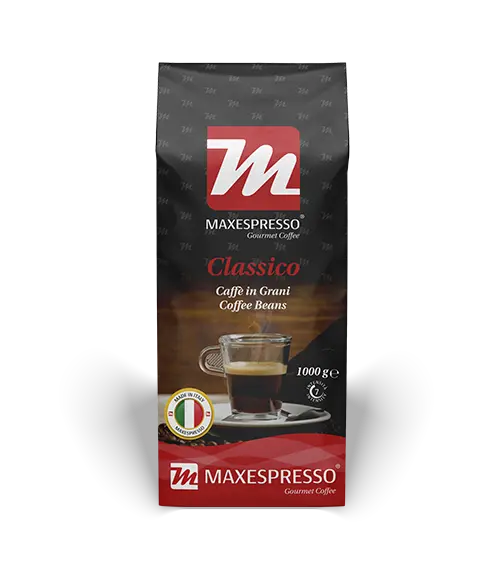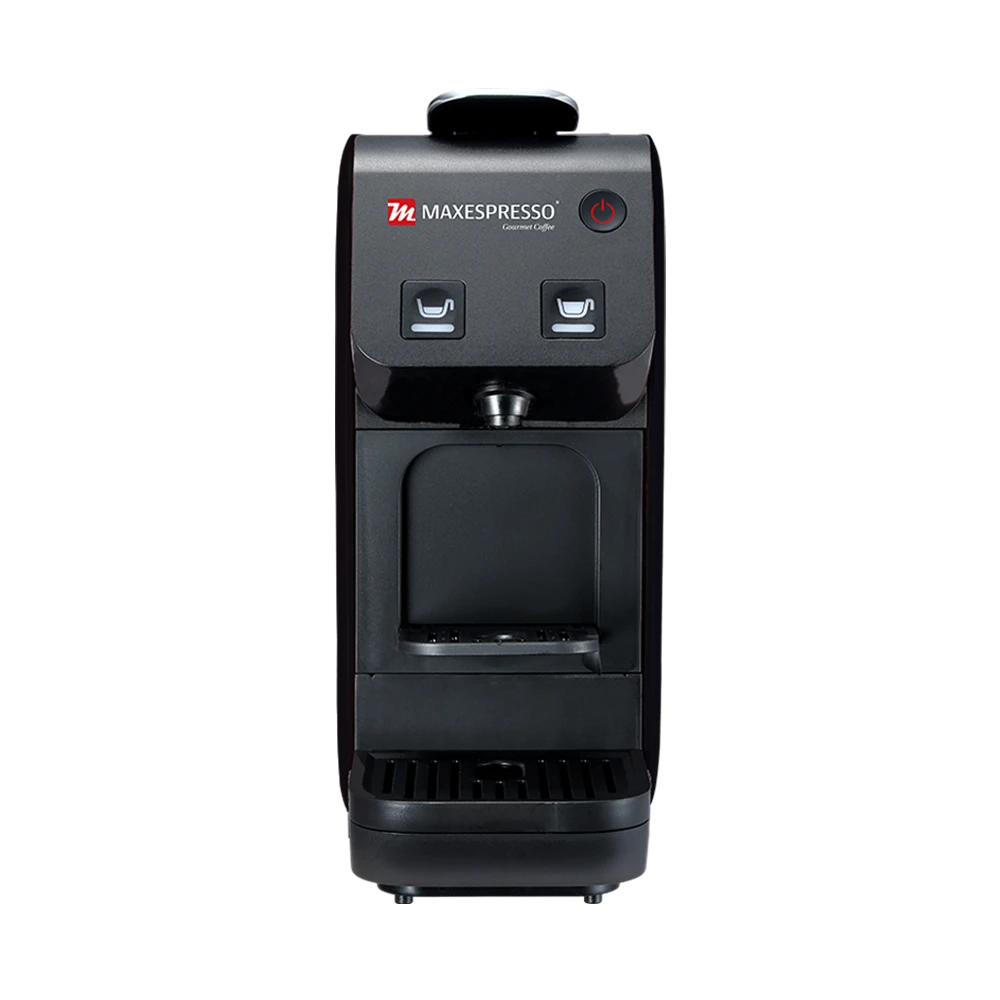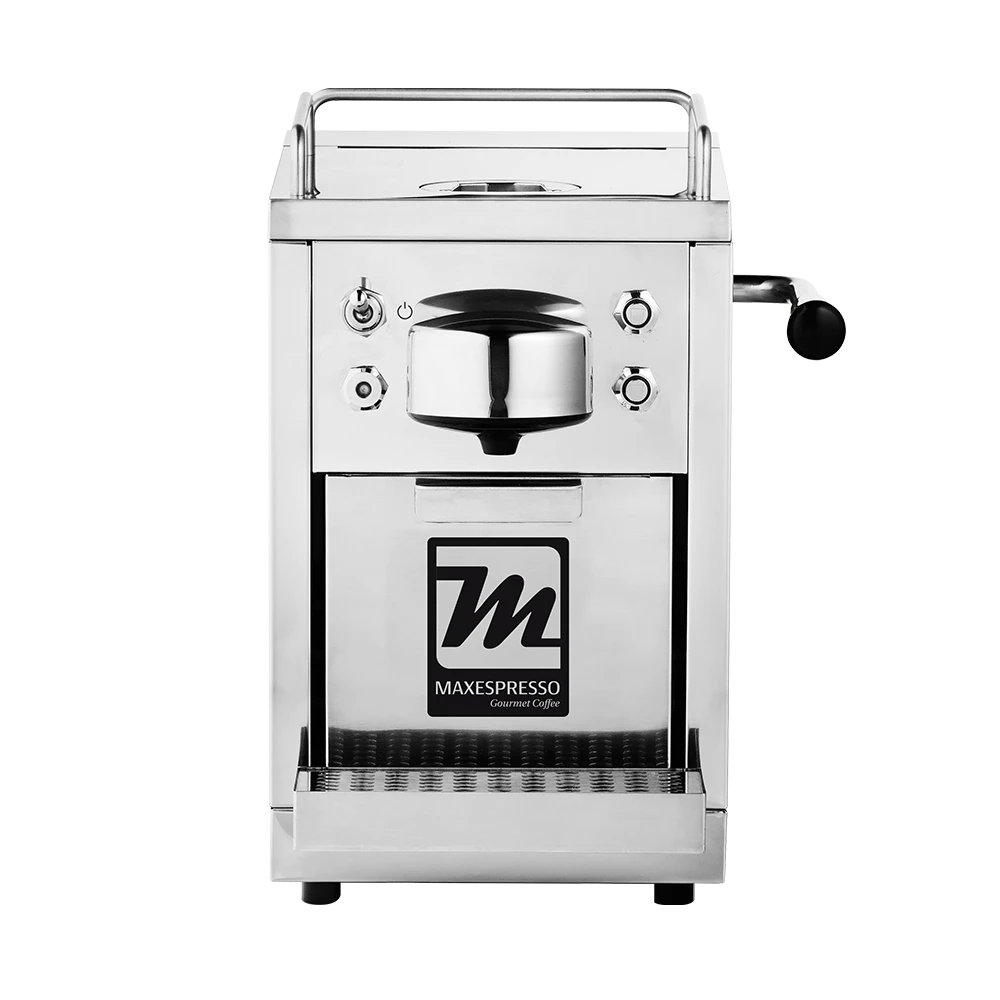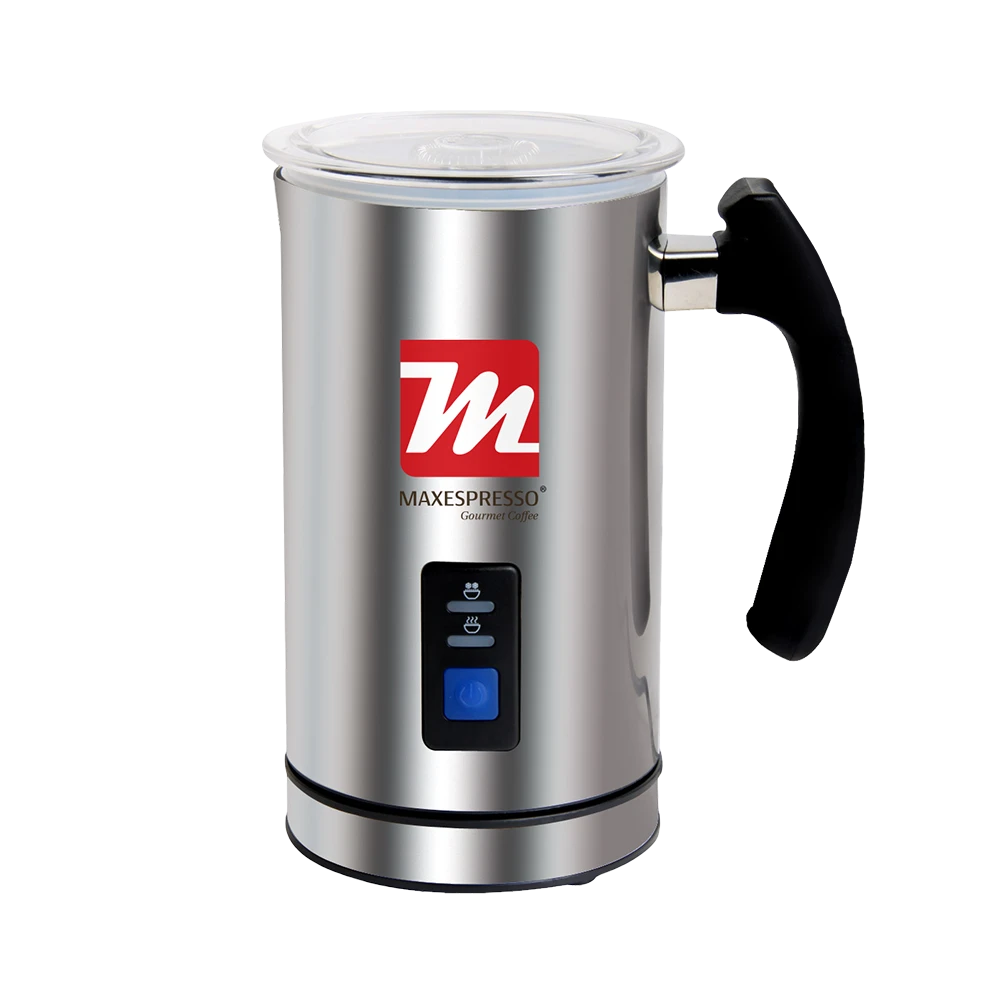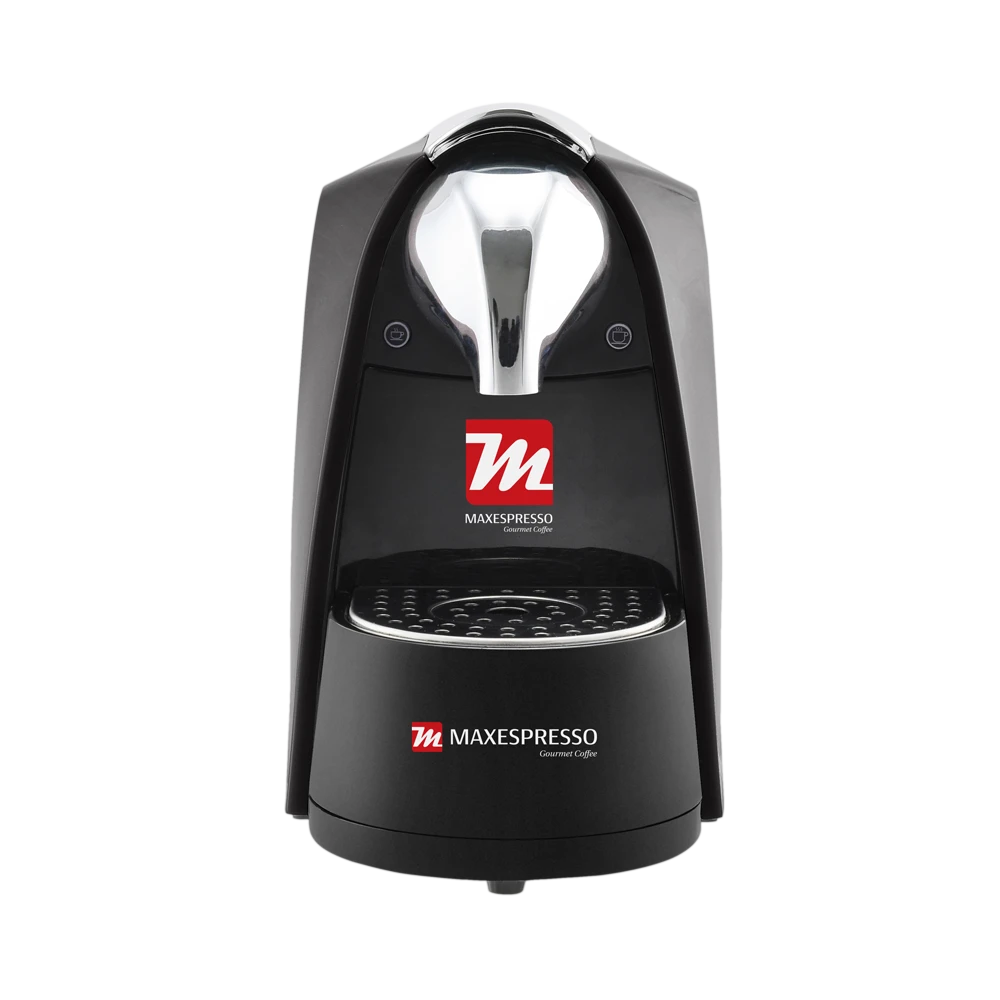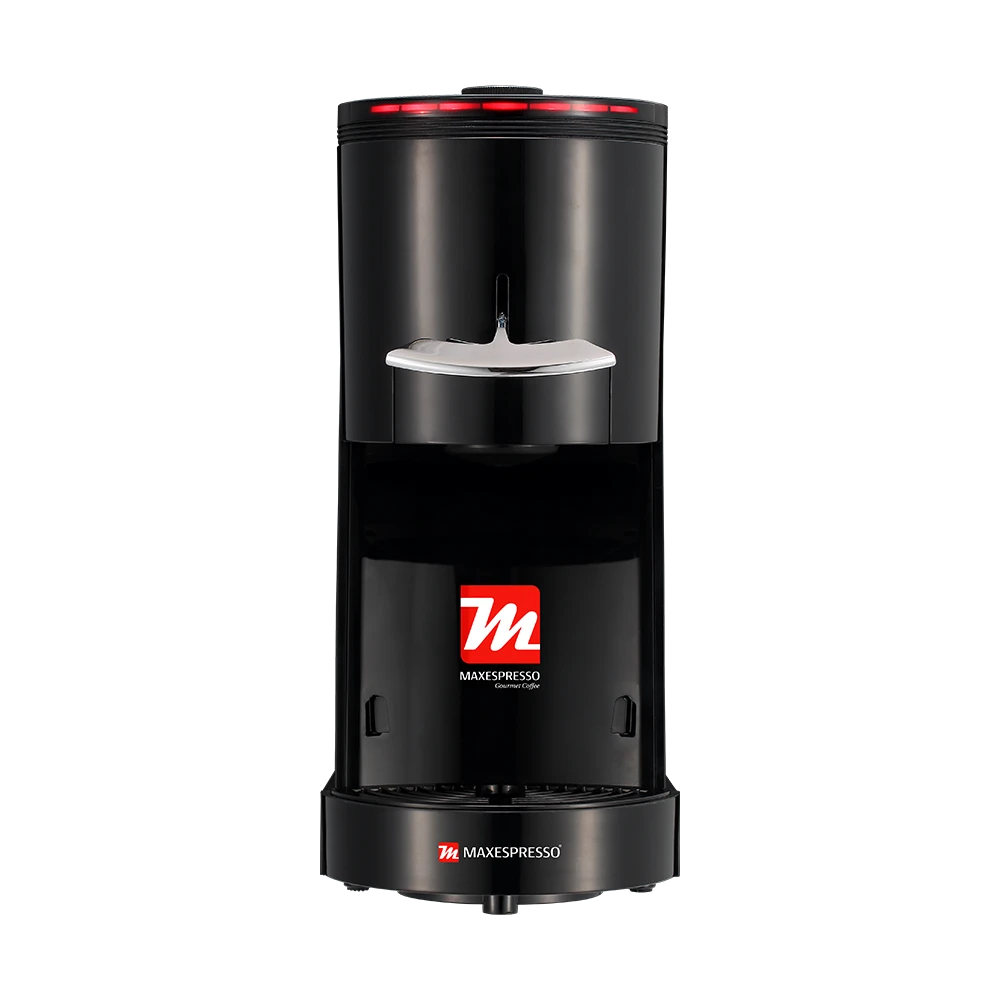CAFÉ MAXESPRESSO
Bienvenido a la experiencia de un café que va más allá del simple despertar, un café que conecta con nuestro legado y nos recuerda quiénes somos. Bienvenido a un café Premium que te transportará a través del tiempo mientras disfrutas de cada delicioso sorbo.
MÁQUINAS MAXESPRESSO
Las máquinas Maxespresso brindan la comodidad y rapidez que los amantes del café moderno buscan en su día a día. Desde deliciosos espressos hasta cappuccinos cremosos y cafés con leche perfectamente equilibrados, cada taza es una auténtica obra maestra.

